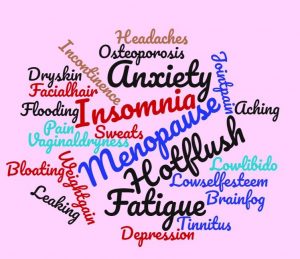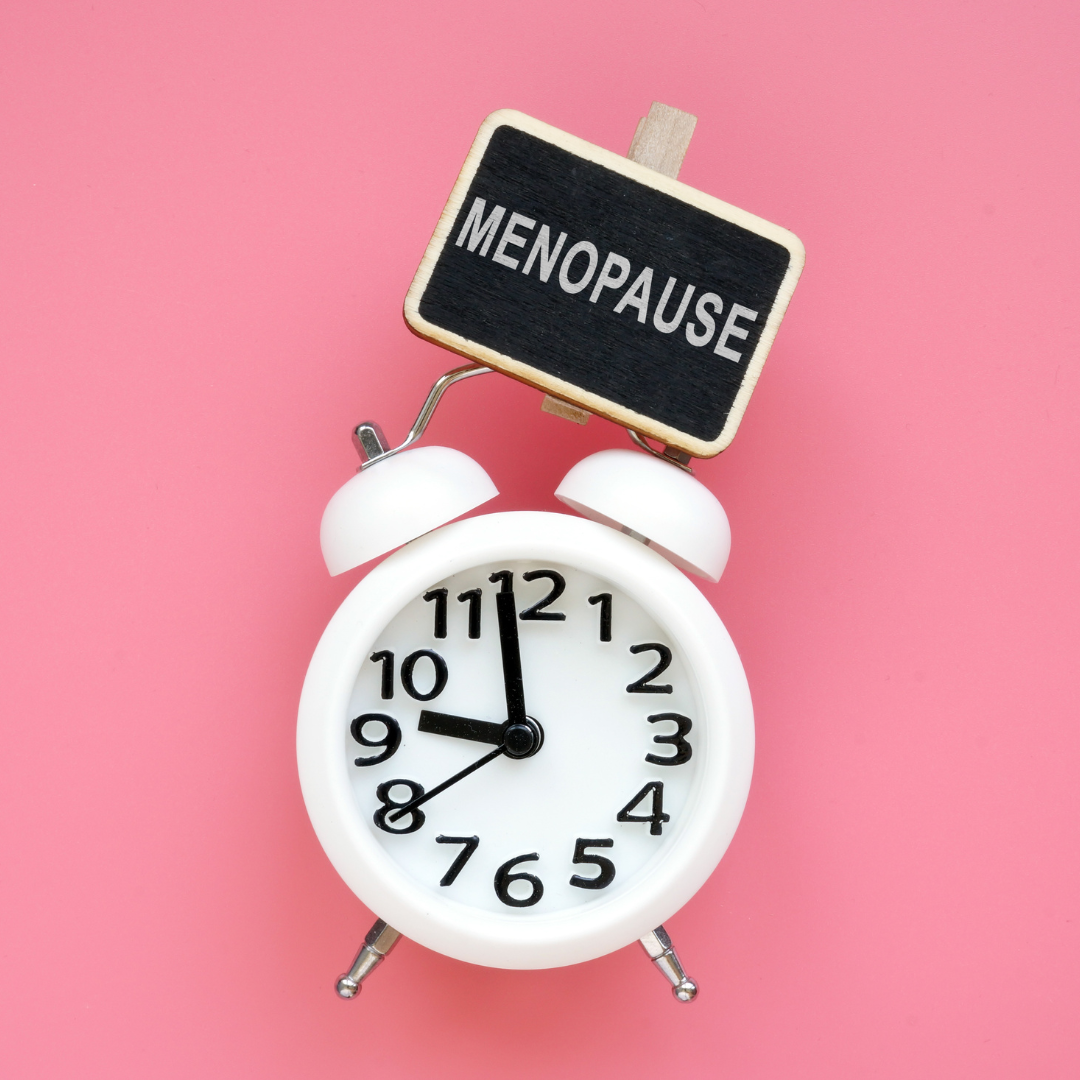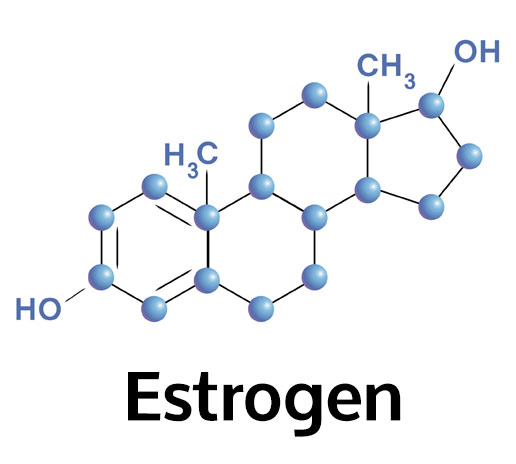Reversing Menopause Weight Gain
Hi there! Did you find yourself online looking for articles on reversing menopause weight gain? Welcome! It's not uncommon to gain weight during menopause, and there are a few reasons why.
During menopause, hormonal changes can affect your metabolism and reduce muscle mass, which means you may burn fewer calories each day. Additionally, as we age, our metabolic rate declines naturally by about 3% per decade in both men and women. There are also other factors that can contribute to weight gain during menopause, such as lack of sleep and emotional eating.
However, it's important to know that hormones aren't directly responsible for our weight gain as much as we'd like to blame them. Rather, weight gain ultimately comes down to an energy (calorie) imbalance.
This means that if you're taking in more calories than you're burning, those excess calories will be stored as fat. The good news is that once you understand this, you can take steps to address the issue and develop a plan that works for you. So, don't worry too much about the hormonal changes during menopause. With the right approach, you can still achieve and maintain a healthy weight and restore your body's ability to burn fat.

Weight gain in menopause
Recent research has found that women going through menopause experience a reduction in their metabolic rate by approximately 100 calories per day - so you're burning less. Additionally, physical activity also declines, leading to a reduction in energy expenditure by around 130 calories per day. Taken together, this means that menopause may lead to a decrease in energy expenditure by 230 calories per day.
If there are no changes made to the diet, those 230 extra calories per day will contribute to a daily positive energy balance and ultimately be stored in the body as fat. Studies have also shown that menopausal women tend to gain around 5.5 pounds (2.5 kg) during the study period, while losing 6.6 pounds (3 kg) of lean muscle mass.
These changes in metabolism, muscle loss, and reduced rates of fat burning can lead to an accumulation of fat around the belly. Unfortunately, abdominal fat is a known risk factor for both diabetes and cardiovascular disease, both of which are common in post-menopausal women.
However, if you have experienced weight gain during menopause, there's no need to worry. Now that you know why it's happening, the next step is to develop a suitable solution that works best for you!

So how do you know which diet is best for reversing menopause weight gain?
Over the past three decades, there have been numerous debates surrounding the cause of weight gain. You may have even tried some of the diets that have been proposed, such as high protein mediterranean, low carb, keto, or paleo. However, despite all of these debates and fad diets, the rates of obesity and its associated health problems continue to rise across the globe and among all age groups.
Research has shown that sticking to to an energy-restricted diet over an extended period is the most successful way to achieve weight loss, regardless of the diet's composition. This finding has been consistent across studies, even in the face of debates about whether the number of calories consumed or the type of carbohydrates consumed plays a larger role in weight gain.
In short, controlling energy (calorie) balance is the most fundamental aspect of weight loss.
The industrial and digital revolutions have played a significant role in the global increase in obesity rates. These periods have seen a significant decrease in physical activity and an increase in food intake and availability. For instance, research has shown that in the USA, the average energy intake per person per day rose from 2169 kcal in 1970 to 2614 kcal in 2010. With a reduction in occupation-related energy expenditure of 142 kcal during that period, there was an average positive energy balance of 587 kcal per day over the 40-year period.
This excess energy intake, coupled with decreased physical activity, has led to the current obesity epidemic.
Two critical elements that make weight loss diets easier and more effective are diets high in protein and free from processed foods. These two components are essential in any weight loss diet, alongside a negative energy balance. Other details, such as the specific type of diet, are often dictated by what you like to eat.
Weight gain occurs due to a long-term energy imbalance, regardless of whether it is caused by an overconsumption of carbohydrates, sugar, or fat. Consuming more of any macronutrient increases calorie intake, which can lead to a positive energy balance and weight gain. Fat is the most energy-dense macronutrient, and processed carbohydrates rich in sugar are easy to over-consume.
Combining both fat and sugar can be particularly problematic and can lead to weight gain.

Strategies for reversing menopause weight gain
- Menopause-related weight gain can be frustrating, but there are three evidence-based strategies that can help you address it:
- Move more: Menopause can slow down your metabolism and reduce your energy expenditure, but by being more active, you can boost your calorie burn and maintain muscle mass, which supports healthy weight loss and reduces your diabetes risk. Try to incorporate more physical activity into your daily routine, whether it's through structured exercise or simple changes like walking instead of driving.
- Eat smarter: To combat a long-term calorie surplus, you need to focus on eating nutrient-dense, high-protein, high-fiber foods that keep you satisfied and reduce your overall calorie intake. Swap out processed foods and sugary drinks for whole, unprocessed options, and make sure to stay hydrated with water and other low-calorie beverages.
- Prioritize self-care: Menopause can be a challenging time, but taking care of your overall health and well-being can help you in reversing menopause weight gain. Make sure you're getting enough rest, finding ways to reduce stress, and engaging in activities that bring you joy and fulfillment. This can support your weight loss goals and help you feel better overall.

If you'd like some help with getting back on track take a look at my Little Black Dress Project 6 Week Challenge for Women Over 40













